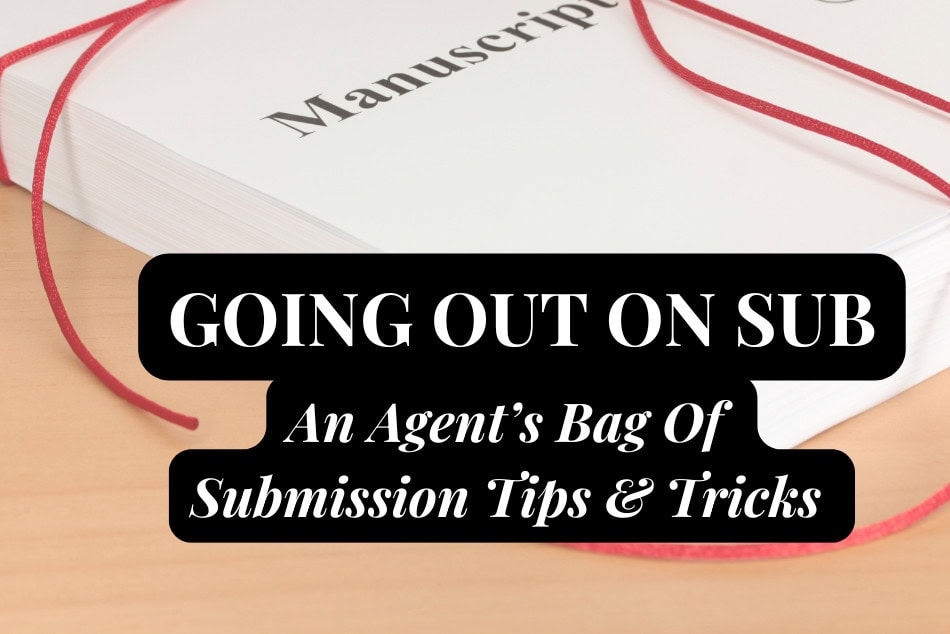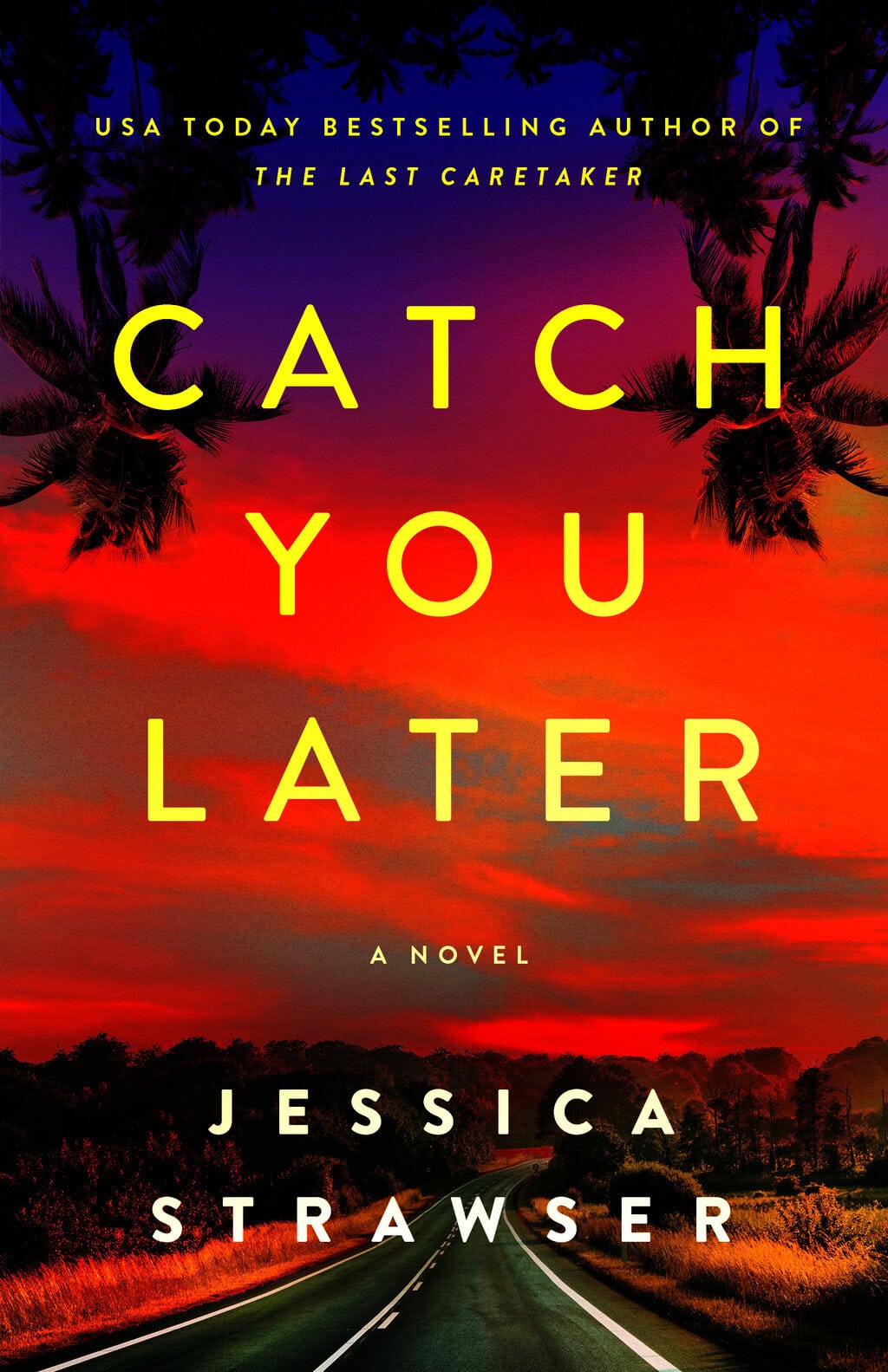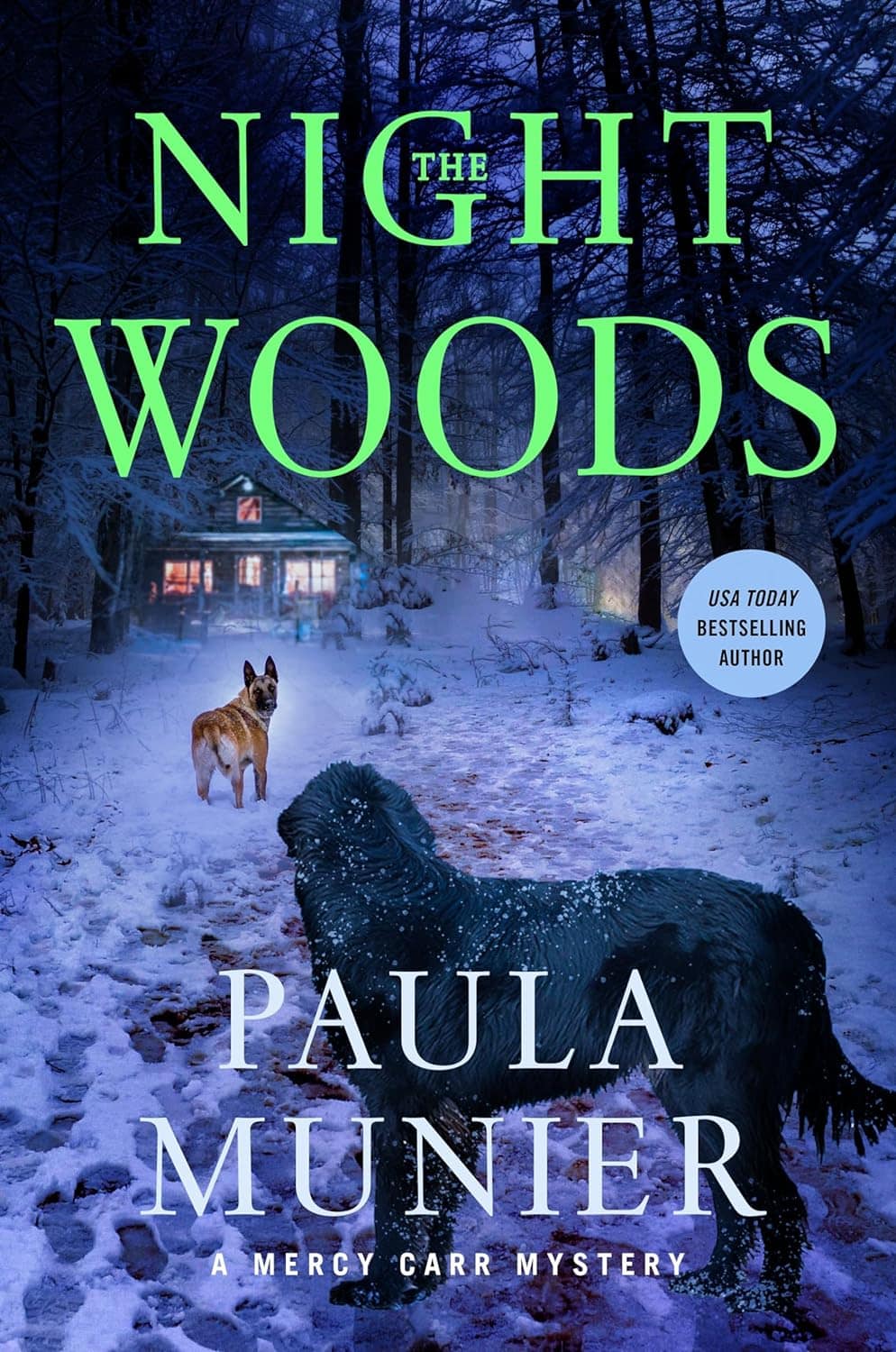It’s back to school–and back to submissions. As we enter one of the prime seasons in which to submit stories to publishers, let’s take a look at a baker’s dozen of pointers that may help you when you go out “on sub.”
Base your story on a high-concept idea.
The easiest story to sell is one based on a big idea well executed.
- Big shark terroizes small town (Jaws)
- Serial killer who only kills other serial killers (Darkly Dreaming Dexter)
- Snakes on a Plane (Duh)
Revise, revise, revise before you go on submission.
We’re talking a minimum of four edits:
- Big-picture edit
- Act-by-act edit
- Scene-by-scene edit
- Line-by-line edit
Write a kick-ass logline to milk that high-concept idea.
This is a ten- to fifty-word description of your story. As in:
- Black father and white father team up to avenge the murder of their gay sons, from whom they were estranged (Razorblade Tears).
- A sixteen-year-old girl volunteers to take her sister’s place when the little girl is chosen by lottery to compete in a televised fight to the death (The Hunger Games)
- A young woman recounts her amazing journey from the isolated mountain home where she was raised without schooling by Idaho survivalists to Cambridge, where against all odds she earns a PHd (Educated)
Know your “the same but different.”
What publishers want is “the same but different.” Or what Hollywood calls “uniquely familiar.”
Just like [insert bestseller/bestselling author here], only different.
- Just like The Iliad, only set in contemporary New England (City on Fire)
- Just like The Wonderful Wizard of Oz, only from the point of view of the Wicked Witch of the West (Wicked)
- Just like Julia Spencer-Fleming, with dogs (my own Mercy Carr mystery series)
Use a kick-ass X meets Y.
A Hollywood formula that works for books, too:
- Castaway meets Mars (The Martian)
- The Lord of the Rings meets the Wars of the Roses (A Game of Thrones)
- Our Town meets Alice Hoffman with a touch of John Irving (Unlikely Animals)
Come up with a rock-star title.
Titles matter. Aim for a title with juice, energy, built-in tension. Jaws. Eat Pray Love. No Country for Old Men. Death on the Nile. To All the Boys I’ve Loved Before. Where the Wild Things Are. What Doesn’t Kill You Makes You Blacker. Do Androids Dream of Electric Sheep? The Devil Wears Prada. Dreaming in Cuban…and on and on.
Know your comps.
Comps are comparable titles to your own work. That is, recently published books that resonate with the same readers who are apt to love your story as well. You need to read widely in your category to understand your competition–and to position your book against it.
Curate your agent/editor list carefully.
Do your homework. Aim for agents and editors who represent and have successfully sold your genre and sub-genre.
Use your kick-ass X meets Y in the subject line of your email queries.
The subject line is your opportunity to put the hook of your book right up front where anyone scrolling can see it.
Make sure that your query rocks.
The purpose of the query is to get the recipient to ask to see the manuscript. Don’t forget that. For more, check out the many Career Authors posts on writing queries.
Make sure that your first line/paragraph/page sings.
Remember the old publishing adage that still holds true: The first page sells the book, the last page sells the next book.
Make sure that your plot points are big enough and your ending is satisfying.
Your plot points should be big, dramatic, memorable, go-for-broke scenes. As for endings, remember (again) the old publishing adage that still holds true: The first page sells the book, the last page sells the next book.
Remember that the writers who get published are the ones who: Finish. Revise. Persist.
The End.
Good luck! For more, talk to us on Facebook.





